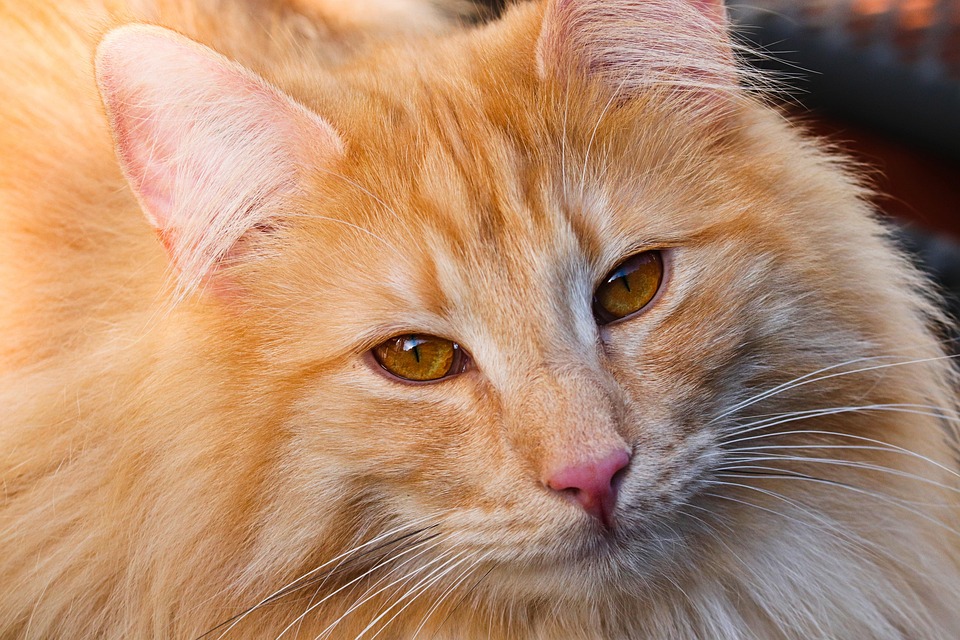Mastering the Art of Feline Sophistication: A Guide to Raising Well-Behaved Exotic Cat Breeds
For those who are enchanted by the allure of exotic cat breeds, raising one with sophistication and grace is a rewarding journey. Whether you are the proud owner of a regal Bengal or a majestic Savannah, understanding the nuances of their behavior and needs is crucial. This guide offers key insights, expert advice, and fascinating facts to help you raise a well-behaved exotic feline.
The Allure of Exotic Cat Breeds
Exotic cat breeds like the Bengal, Serval, and Savannah captivate with their wild appearance and luxurious coats. These breeds often possess a unique blend of domestic charm and wild allure. Their distinct traits require special attention, making them a favorite among luxury pet enthusiasts.
Understanding Exotic Feline Behavior
Exotic cats are not just another set of pretty whiskers. They have unique behavioral patterns that can both fascinate and challenge their owners. For instance, Bengals are known for their high energy levels and playful nature, while Savannahs are noted for their intelligence and curiosity.
Real-Life Example: The Playful Bengal
Take the case of Luna, a Bengal cat from San Francisco. Her owner, Marie, noticed that Luna thrived in environments that stimulated her mentally and physically. Marie invested in interactive toys and created vertical spaces for Luna to explore, which significantly reduced unwanted behaviors.
Expert Tips for Raising Well-Behaved Exotic Cats
- Socialization: Exotic cats require early socialization to become well-adjusted adults. Introduce them to various environments, people, and other pets gradually.
- Enrichment: Provide mental and physical enrichment through toys, cat trees, and puzzle feeders. This helps channel their energy positively.
- Diet: Consult with a veterinarian to ensure your exotic cat receives a balanced diet tailored to their specific needs.
- Training: Use positive reinforcement techniques to teach basic commands and discourage undesirable behavior.
Common Challenges and Solutions
While exotic cats are a joy to own, they come with their set of challenges. Issues like excessive meowing or scratching can arise, but they can be managed with patience and understanding.
Real-Life Example: Managing Vocal Savannahs
Consider Oliver, a vocal Savannah cat in New York City. His owner, James, learned that providing Oliver with ample playtime and interactive sessions reduced his vocal demands significantly. James also used gentle correction techniques to manage excessive meowing.
Fascinating Facts About Exotic Cats
- Bengals are one of the few cat breeds that enjoy water. They often play in water dishes or accompany their owners to the shower.
- Savannah cats can jump up to eight feet high, showcasing their impressive agility and strength.
- The Serval, an ancestor of the Savannah, is known for its distinctive large ears and exceptional hunting skills.
Conclusion
Raising an exotic cat is an art that combines knowledge, patience, and love. By understanding their unique needs and providing a nurturing environment, you can enjoy a harmonious relationship with your feline companion. With the right approach, your exotic cat can become a well-behaved and sophisticated member of your family, adding a touch of wild elegance to your home.
Call to Action
If you’re ready to embrace the exotic feline world, start by researching breed-specific needs and connecting with reputable breeders or rescue organizations. Join online forums to share experiences and tips with fellow exotic cat enthusiasts. Together, let’s master the art of feline sophistication!
#ChatGPT assisted in the creation of this article.




Post Comment